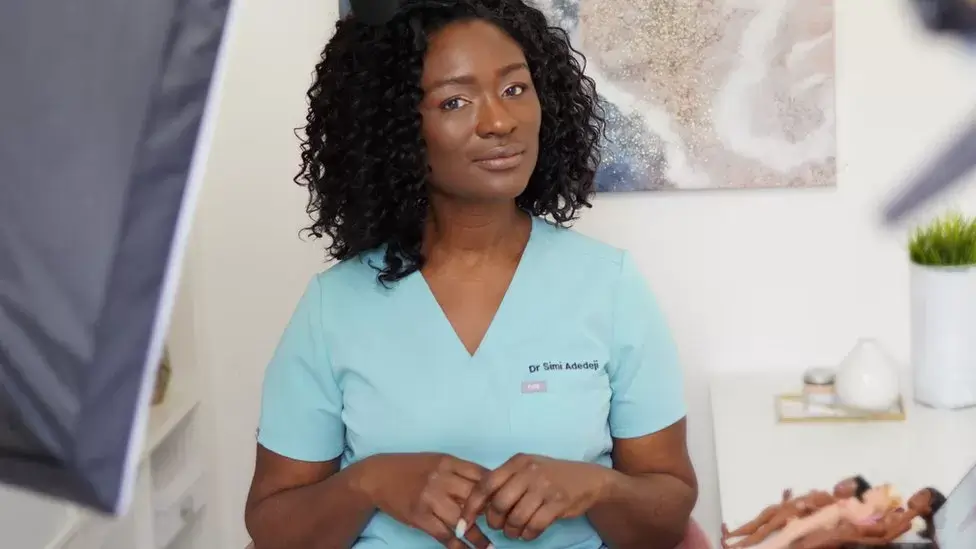In a bold move to tackle the rampant spread of health-related misinformation on its platform, YouTube has launched a verification system for healthcare professionals in the United Kingdom. The year 2022 witnessed an astonishing three billion views of health-related videos in the UK alone, underscoring the platform’s significant influence on public health information dissemination.
Since June, doctors, nurses, and psychologists in the UK have been applying for this novel verification scheme, which requires them to meet stringent criteria set forth by the tech giant to be deemed eligible. Successful applicants will be granted a distinctive badge beneath their username, signifying their status as genuine and licensed healthcare workers.
However, it’s important to clarify that this system is intended solely for educational purposes and should not be misconstrued as a replacement for medical advice from a healthcare professional. YouTubers themselves have voiced this caution, emphasizing that their content is meant to supplement, not supplant, medical consultations.
Vishaal Virani, who spearheads health content at YouTube, emphasized the need for this verification system due to the sheer volume of people seeking healthcare information on the platform. “Whether we like it or not, whether we want it or not, whether the health industry is pushing for it or not, people are accessing health information online,” he stressed. He believes that YouTube must strive to ensure that the content users consume aligns with rigorous standards, particularly when embarking on their healthcare journeys online.
Dr. Simi Adedeji, a practicing doctor and YouTuber specializing in skin health and women’s health, lauded the system for enabling discussions on sensitive topics that people might otherwise shy away from. She believes that her content makes such information more accessible and helps alleviate health-related anxieties, offering digestible insights in understandable language.
While the validation tag signifies trustworthiness, Dr. Adedeji stressed that it is “absolutely not” intended to replace a visit to a medical professional. “It’s about giving medical information so that the audience feels empowered and can then go and see their doctor,” she affirmed, emphasizing the complementary nature of the content.
To enhance the visibility of trustworthy health information on YouTube, the platform now displays a “health shelf” at the top of search results for health-related topics. This shelf exclusively features videos from authoritative sources that have been validated by YouTube.
This initiative is the latest in a series of steps taken by YouTube to combat false information in videos, particularly concerning health matters. It comes on the heels of a two-year-old ban on disinformation about vaccinations, which was implemented following months of criticism regarding YouTube’s handling of COVID-19 vaccination-related misinformation.
Vishaal Virani revealed that healthcare professionals undergo a rigorous “multi-step process” for validation, developed in collaboration with esteemed organizations like the Academy of Medical Royal Colleges (AoMRC) and the NHS, as well as other stakeholders including the Royal College of Nursing. Eligible YouTubers must possess an active medical license and have a clean record, devoid of any past videos containing disinformation. Violations of these rules may lead to the loss of validation status or, in severe cases, the suspension of the YouTube account.
Alastair Henderson, former chief executive of the AoMRC, pointed out that verified users who deliberately provide false information could face repercussions from their individual professional regulators, such as the General Medical Council or Nursing Council. He expressed hope that this successful endeavor by YouTube would inspire other social media platforms to adopt similar practices but emphasized that such changes could not be imposed on them.
YouTube’s new verification system for healthcare professionals in the UK represents a significant step toward improving the quality and reliability of health information available on the platform, ultimately benefiting the public by empowering them to make informed decisions about their health.





